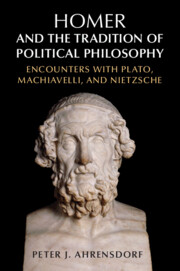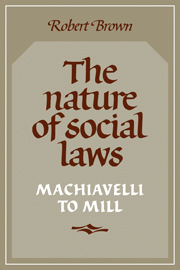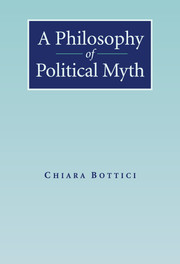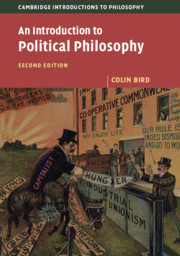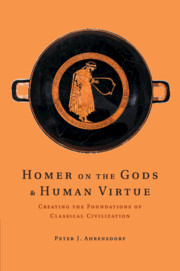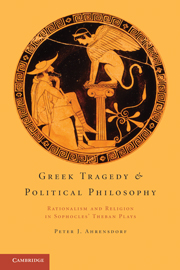Homer and the Tradition of Political Philosophy
In this book, Peter Ahrensdorf explores an overlooked but crucial role that Homer played in the thought of Plato, Machiavelli, and Nietzsche concerning, notably, the relationship between politics, religion, and philosophy; and in their debates about human nature, morality, the proper education for human excellence, and the best way of life. By studying Homer in conjunction with these three political philosophers, Ahrensdorf demonstrates that Homer was himself a philosophical thinker and educator. He presents the full force of Plato's critique of Homer and the paramount significance of Plato's achievement in winning honor for philosophy. Ahrensdorf also makes possible an appreciation of the powerful concerns expressed by Machiavelli and Nietzsche regarding that achievement. By uncovering and bringing to life the rich philosophic conversation among these four foundational thinkers, Ahrensdorf shows that there are many ways of living a philosophic life. His book broadens and deepens our understanding of what a philosopher is.
- Shows that Homer was a philosophic thinker and educator
- Deepens our understanding of what philosophy is, of the different ways of living a philosophic life, and of the arguments for and against each of ways
- Compares and contrasts the different understandings of philosophic education set forth by Homer, Plato, Machiavelli, and Nietzsche
Reviews & endorsements
'Ahrensdorf's study not only explores the extraordinary influence of Homer in the tradition of Western philosophy, but it also now illuminates the ways in which Homer challenges three of the most powerful minds in that tradition, and us, to examine the question of philosophy itself … Among Ahrensdorf's great virtues as a writer is his exceptional attentiveness to textual detail, capacity to draw out the human meaning of the texts, and ability to richly imagine the characters that people them. His work marries these qualities with a focus on the most fundamental human concerns, treating them with the gravity they demand and the levity they occasionally evoke. Scholars may quarrel with his arguments or conclusions, but none will doubt the perspicacity of his understanding of the most serious questions of human concern.' Susan Collins, Associate Professor of Political Science, University of Notre Dame
'… this is a challenging reimagining of the relationships between key thinkers in the tradition of political thought. Taken together, these interpretations make for a very good volume and one that will likely be a valued contribution to the field of political theory and literature.' Seaver Holter, The Review of Politics
Product details
August 2024Paperback
9781107561977
333 pages
228 × 151 × 22 mm
0.55kg
Available
Table of Contents
- 1. The contest between Homer and Plato and the Homeric education on the gods: from divine to human providence
- 2. The Homeric education in human excellence: the suffering hero and the enigmatic singer
- 3. Plato's critique of the Homeric education
- 4. Machiavelli and Homer on education and human excellence
- 5. Nietzsche on the contest between Homer and Plato
- Conclusion.

